Toy dogs are named according to their tiny size and cuddly nature. Bred as a sheer novelty, many of these tiny dogs originated as royal lapdogs. Many of these dogs were bred for the sole purpose of companionship. While some toy dogs begin at a diminutive size, other are dogs that were bred down to a more manageable size for a pet. Toy dogs appeal to people in small living spaces or to those who are seeking a companion that is easier to take care of. These small dogs can generally expend their energy indoors and do not require very long walks. For people living in urban communities, walking about is not a daily option, so having a dog that is able to run about the flat after a ball is a great fit. Additionally, toy dogs are sometimes called lap dogs, meaning that they will curl up happily in your lap for a cuddle.
If the convenience does not appeal to everyone, the fact that many of these dogs are cute will. Toy breeds are all descended from different dog breeds with personalities across the board. As such, there is no one temperament that can be used to describe these dogs. For instance, a Chihuahua will have a different personality than Cavalier King Charles Spaniel. There are also many new hybrid dogs being developed that have blended personalities. Unfortunately, many people associated toy dog personalities with small dog syndrome, which is actually a problem caused by humans.
Oftentimes, owners will small dogs will not train their small dogs with as much consistency as big dogs because their bad behaviours are thought of as cute. As a result, some toy dogs can be yappy, aggressive, nippy, possessive and destructive. These behaviours occur when the dog thinks that it rules the home. Reestablishment of the pack order can help this problem, and can also help the true personality of the dog shine through once more.
Some of the pros to owning a toy breed:
- Many toy breeds are very loving and affectionate.
- A lot of owners are seeking a dog to cuddle up with on the couch.
- These dogs are easier to control than large dogs.
- They are also easier to clean up after.
- They do not require as much exercise and can live in small places.
Some of the cons to owning a toy breed:
- Small dog syndrome can affect any of these breeds if not prevented.
- Some breeds are more expensive than some larger breeds.
- They are bred more for companionship than their working ability.
- Someone looking for a guard dog or shepherd probably will not settle upon a toy breed.
In conclusion, all toy breeds are different. Just as many large breeds have vastly different personalities, the toy breeds have just as many. Anyone interested in purchasing a toy breed should read up on the different varieties to find the best fit. Toy breeds can be low energy or high, affectionate or independent, cuddly or curious, docile or willful. The trick with toy breeds is the same as it is with any other: choose the best fit for you and your family and stick to consistent training to help you dog be the best it can be.
List of Toy Dogs :
- Affenpinscher Dog
- Australian Silky Terrier
- Belgian Griffon
- Bichon Frise
- Biewer
- Boston Terrier
- Brussels Griffon
- Cavachon
- Cavalier King Charles Spaniel
- Chihuahua
- Chinese Crested Dog
- Cockapoo
- English Toy Spaniel
- English Toy Terrier
- French Bulldog
- Havanese
- Italian Greyhound
- Japanese Chin
- Maltese Terrier
- Toy Manchester Terrier
- Toy Mi-Ki
- Miniature Pinscher
- Miniature Dachshund
- Papillon
- Pekingese
- Pomeranian
- Pug
- Shih Tzu
- Tibetan Spaniel
- Toy American Eskimo
- Toy Fox Terrier
- Toy Poodle Yorkshire Terrier
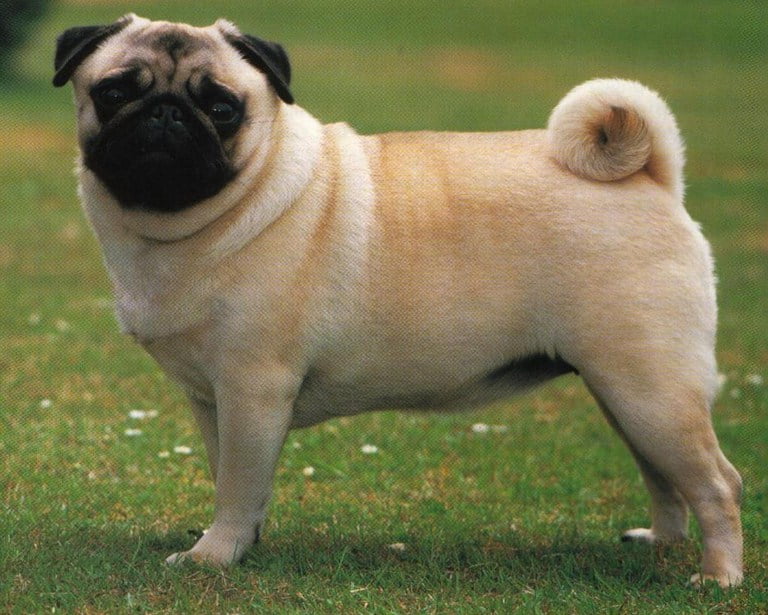
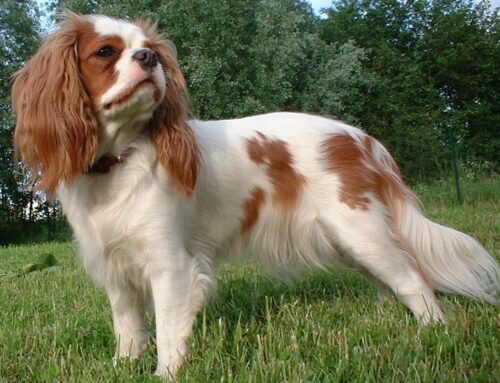
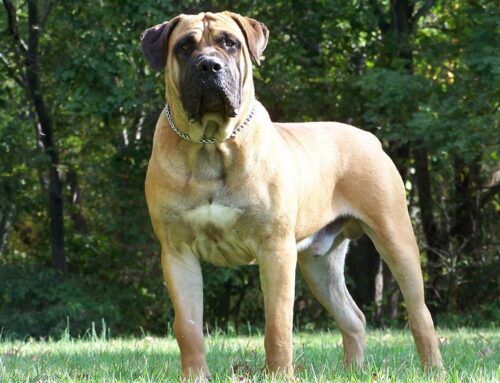
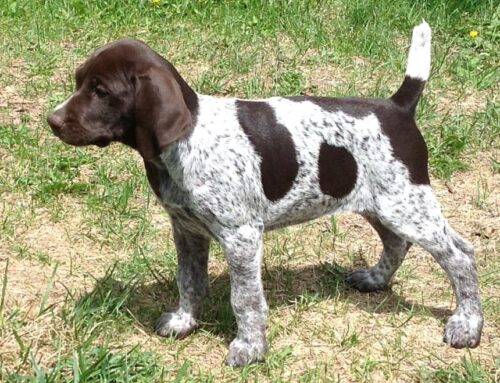
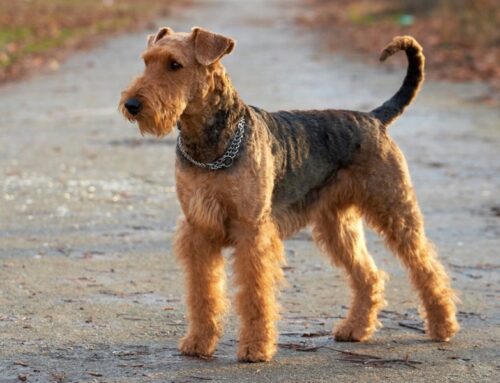
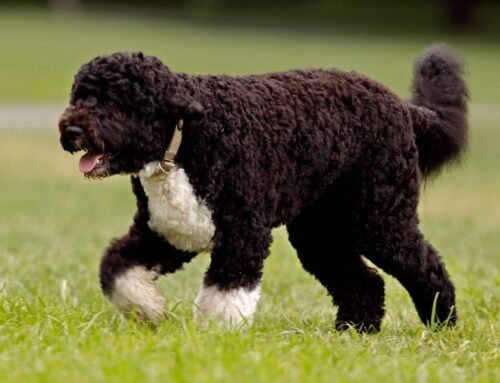
Leave A Comment